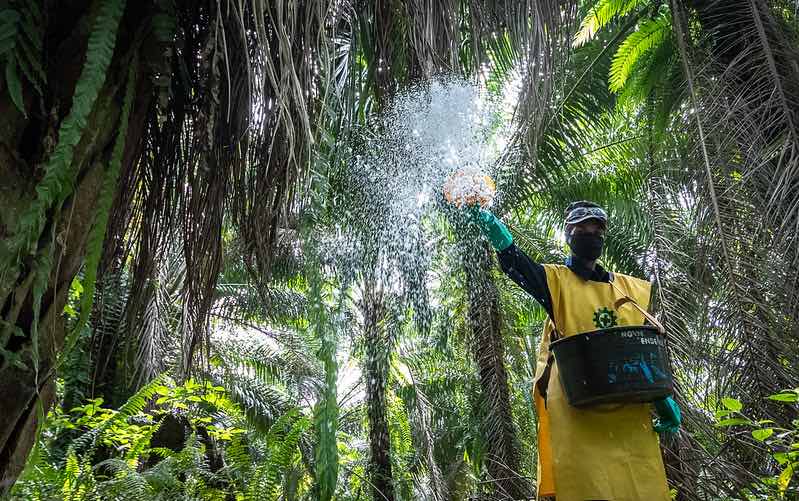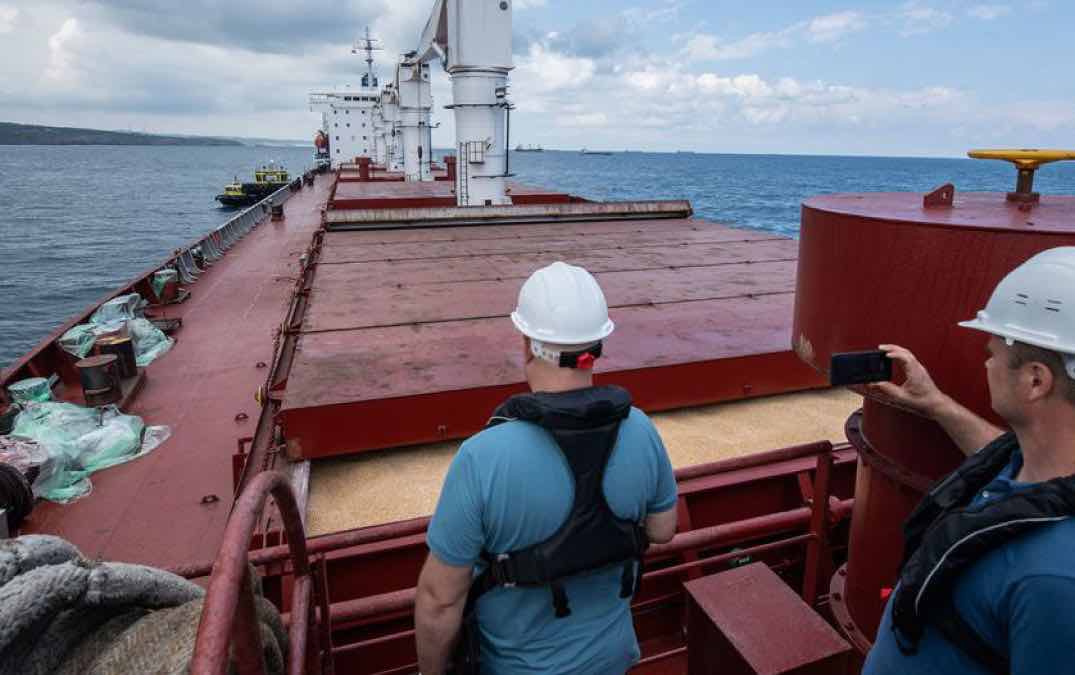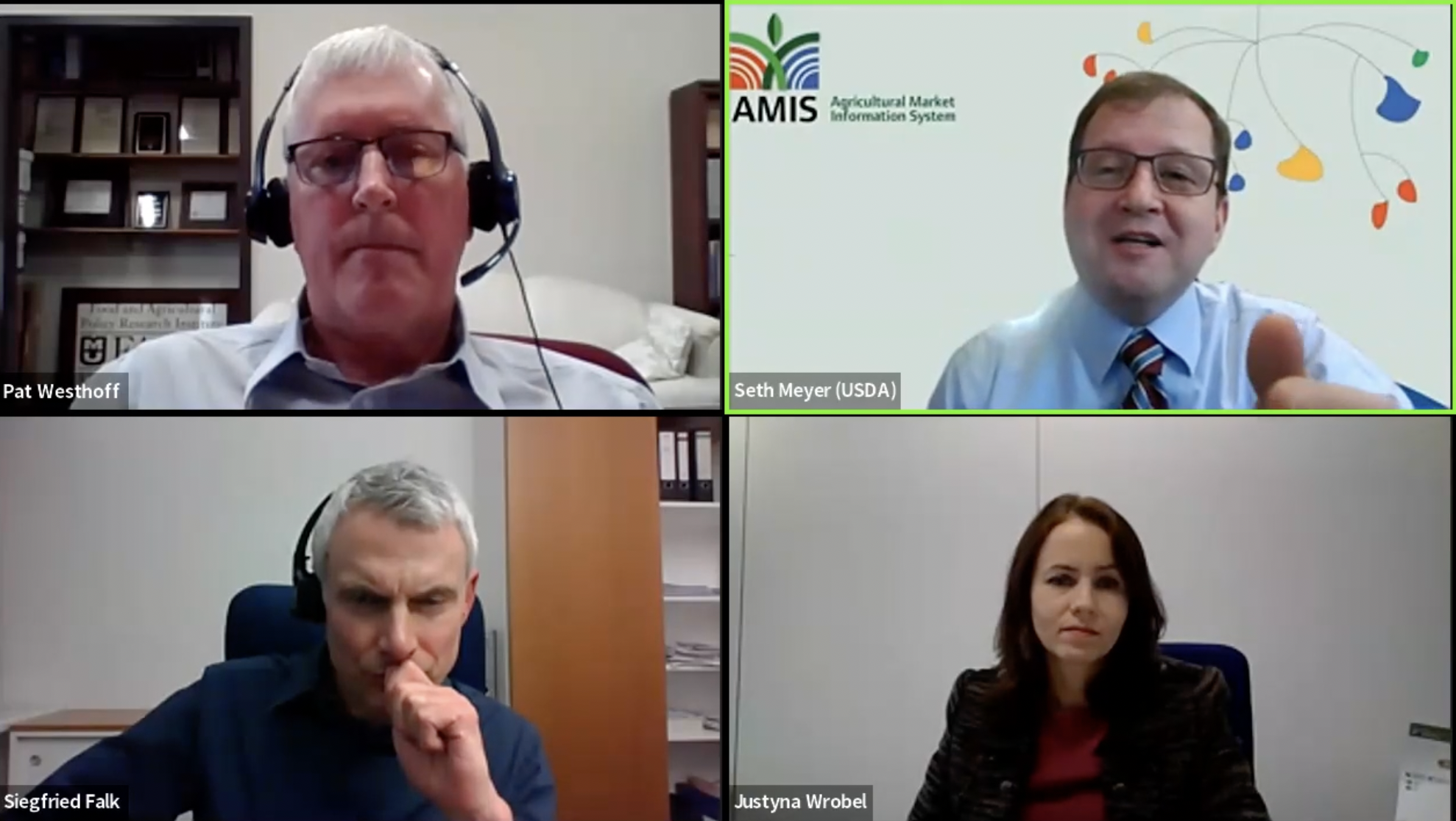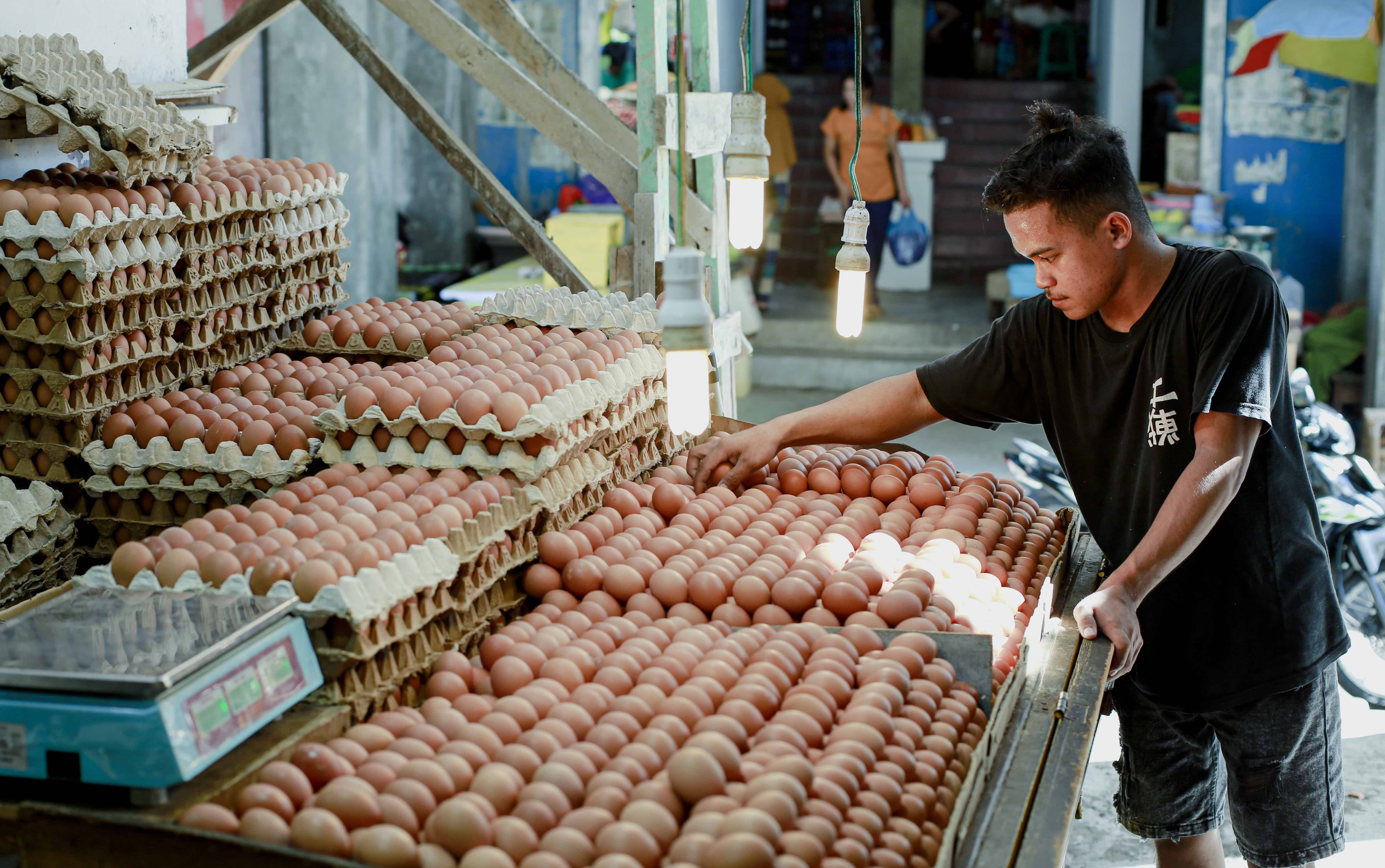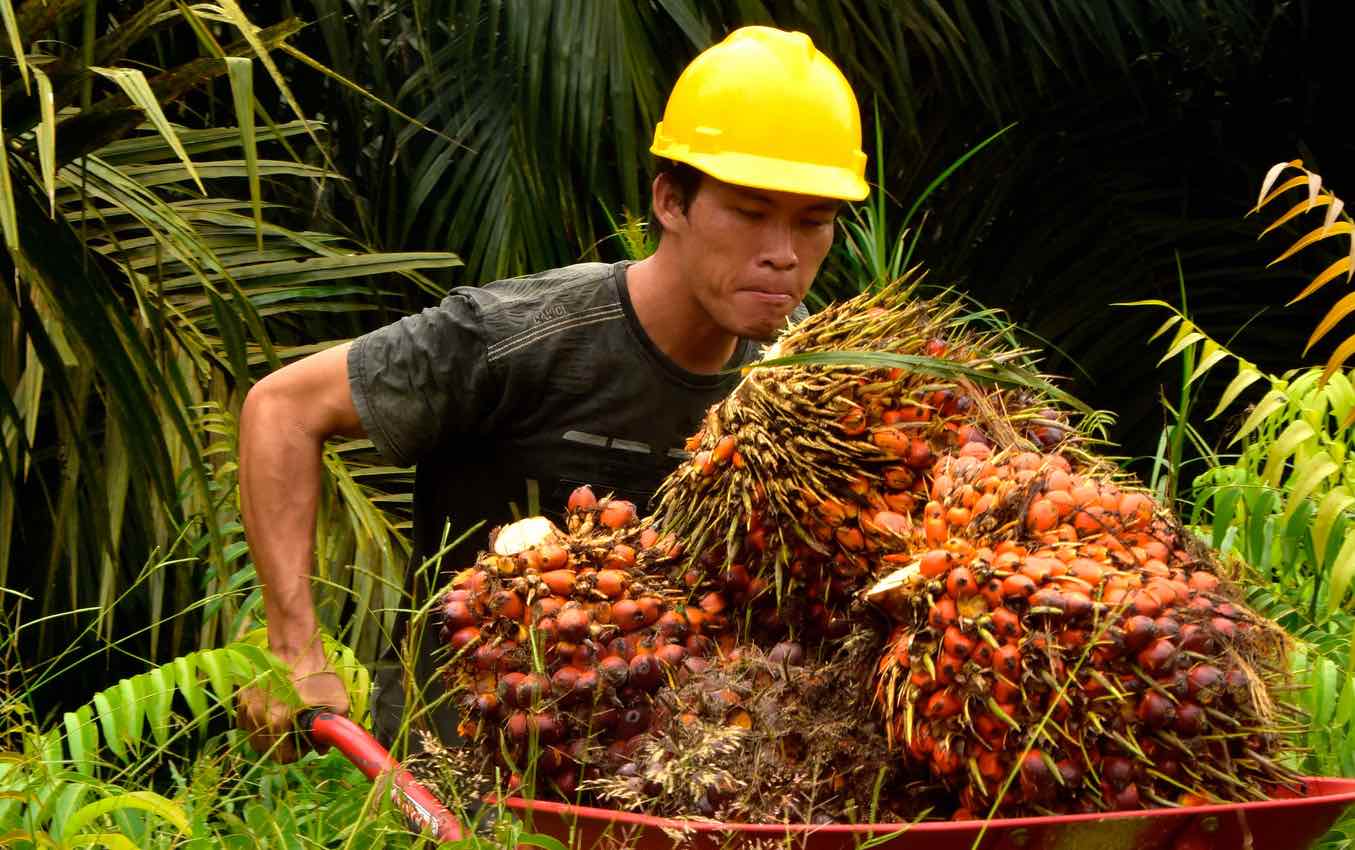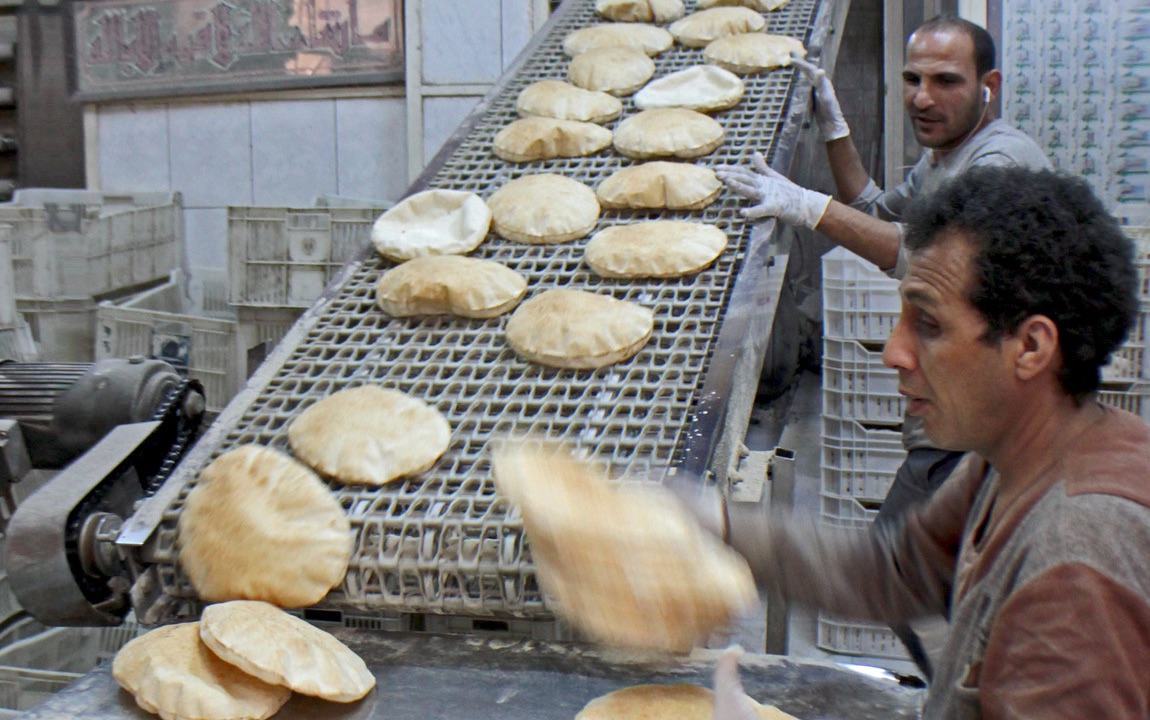Conflicts and other shocks have triggered rising food insecurity and malnutrition in many places around the world. This special blog series examines how these often-overlapping crises are impacting food systems at the global, national, and local levels. Contributors also evaluate policy responses to food system shocks, with a view to finding effective approaches that enhance the resilience of both national and global food systems. The series is co-edited by Joseph Glauber, IFPRI Senior Research Fellow, and Johan Swinnen, IFPRI Director General and Managing Director of CGIAR’s Systems Transformation Science Group.
This blog series was initiated in February 2022 when Russia’s invasion of Ukraine triggered trade disruptions and significant increases in international prices of energy, agricultural commodities, and fertilizer, which were already elevated due to the COVID-19 pandemic and related value chain disruptions. While those impacts are still being felt, this series has expanded to incorporate posts on new conflicts, such as those in Sudan and Gaza, as well as weather-related disturbances and other food system shocks.
Latest Blog
-
The Russia-Ukraine war after a year: Impacts on fertilizer production, prices, and trade flows
Global agriculture contends with major disruptions.
-
Ukraine one year later: Impacts on global food security
How markets and food systems have fared in a dangerous crisis.
-
Policy seminar: Food vs. Fuel 2.0 – impacts of biofuel production on agricultural markets and food security
Revisiting a key policy debate in light of high food prices.
-
-
Food export restrictions have eased as the Russia-Ukraine war continues, but concerns remain for key commodities
Uncertainties include lingering high domestic food prices in many countries.
-
Food price shocks and diets among poor households in Egypt
High inflation threatens nutrition and livelihoods.




